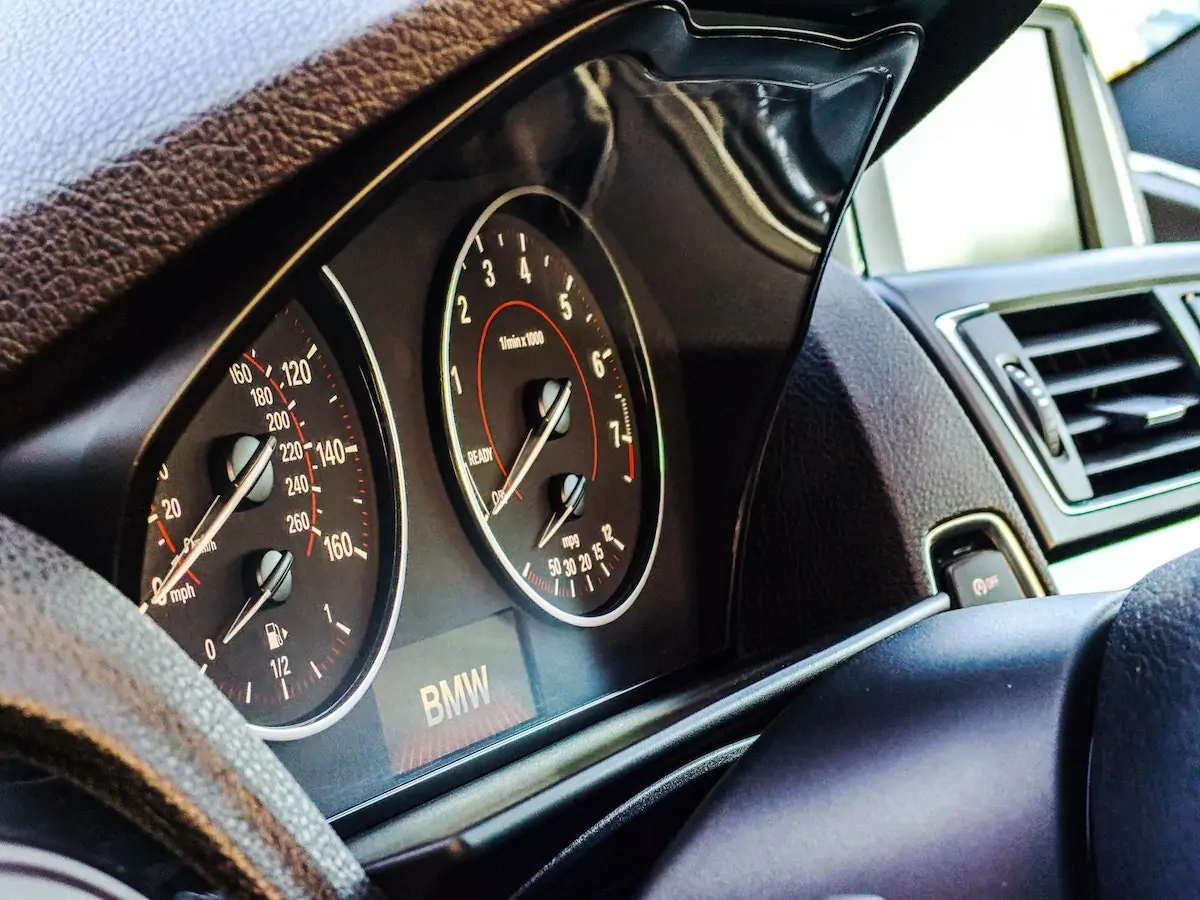
Benefits in kind: A definition & tax guide
24 Oct 2020If you employ people in your business, you have a number of options for rewarding them in addition to paying wages or a salary. One of the most flexible options is to offer benefits-in-kind (BIKs), sometimes known as fringe benefits.
BIKs take a number of different forms, which we’ll describe later, and they can be offered as additions to basic payment or as an integral part of a ‘package’ that can be tailored to the needs or preferences of individual employees.
Offering BIKs as an integral part of a package or as an alternative to part of an employee’s salary may provide tax benefits for both the employee and your business. Some BIKs are tax-free while others may be taxable and incur additional National Insurance charges, so it’s important to take a careful look at both the advantages and tax implications before offering BIKs.
Scope of benefits in kind
HMRC’s broad definition of a benefit-in-kind is anything of monetary value you provide to your employees that is not ‘wholly, exclusively, and necessary’ for them to perform their contractual duties. For example, if you give a vehicle to a delivery driver, a field service engineer or a sales representative, HMRC would consider the vehicle to be essential to their work.
That vehicle would not be considered a BIK, unless the employee made extensive private use of the vehicle. However, if you give a vehicle to an employee who does not need to travel on business, the vehicle would be considered a BIK.
Although there are many complex rules that cover different types of benefits, BIKs fall into two broad categories – taxable and tax-free. HMRC set out their basic BIK guidelines on the government website.
Tax-free benefits
HMRC provide an extensive list of tax-free benefits, including:
-
Accommodation, supplies and services on your business premises
-
Free or subsidised meals
-
Meal vouchers
-
Expenses of providing a pension
-
Medical treatment to help employees return to work
-
Health screening and medical check-ups
-
Cost of nurseries and play schemes
-
Childcare vouchers
-
Other employer-supported childcare
-
Certain living accommodation
-
Payments towards additional household costs where employees work at home
-
Incidental overnight expenses
-
Disabled people’s cost of travel between home and work
-
Certain retraining costs
-
Employer-funded or employer-reimbursed training
-
Long-service awards
-
Suggestion schemes
-
Encouragement awards
-
Financial benefit awards
-
Goodwill entertainment
-
Car, motorcycle and bicycle parking
-
Certain gifts
-
Work-to-home travel is provided when an employee works late or when sharing arrangements are disrupted
-
Work buses and subsidies to public buses
-
Christmas or other annual party
-
Sports facilities
-
Counselling
-
Welfare counselling
-
Mobile phones
-
Bicycles and cycling safety equipment
Although this seems like an opportunity to be generous to your employees, there are many limits and exceptions within each of the options, so it pays to check HMRC’s rules on tax-free BIKs before offering the benefit.
Taxable benefits
HMRC provide a brief list of taxable BIKs, including:
-
Company cars for personal use
-
Fuel for a company car for the employee’s personal use
-
Accommodation provided rent-free or below market rent that is not essential for the employee’s job role
-
Clothing allowance that is not essential for the employee’s job role
-
Private medical insurance
-
School fees for employees’ children
-
Interest-free or cheap loans to employees over £10,000
-
Holidays or holiday vouchers
Again, the rules are complex and include various exemptions that may reduce the tax liability, so check HMRC’s rules carefully.
Vehicle benefits
As we explained earlier, if you provide an employee with a vehicle that is essential to their job role, that is not a BIK and does not attract tax liability.
If you offer an employee a vehicle that they are allowed to drive for both business and personal use or only for personal use, that is a taxable BIK. An employee who made occasional business trips would have tax and National Insurance liability based on the proportion of personal use.
The value of the benefit is based on a number of factors, including:
-
The list price of the car and any accessories
-
The vehicle's carbon dioxide emissions
-
The type of fuel the car uses
-
The date of registration of the car
The taxable value of the vehicle is reduced if:
-
The employee has it part-time
-
The employee pays a contribution towards the cost
-
The vehicle has low CO2 emissions
The taxable value for hybrid or electric vehicles is calculated in a different way. If the vehicle has CO2 emissions of 1 to 50g/km, value is based on the distance the vehicle can travel on electric power before its batteries need recharging. This is known as its ‘electric range’.
There are additional exemptions to tax liability if an employee is disabled and meets certain rules.
HMRC provides information on company vehicle benefits on the government website. There is also an HMRC calculator to help you work out the value of vehicle and fuel benefits.
Related: UK business mileage allowance and mileage allowance relief
Related: Benefit In Kind: When does a van become a company car?
Calculating tax liability
Employee’s liability
If you provide an employee with a BIK that HMRC considers taxable, the employee will have to pay income tax on the financial value of the benefit – the ‘cash equivalent’ in HMRC terminology.
The amount of tax the employee pays will be based on their income tax band – 20, 40 or 45 percent.
As an example, if you provide a contribution towards school fees worth £1,000 and the employee is a higher rate taxpayer, they will have to pay additional income tax of £400 – 40 percent of £1,000.
With some taxable BIKs, such as vouchers or benefits paid as cash, employees may also incur an additional National Insurance charge.
Employer’s liability
If you provide BIKs to your employees, you will also need to pay tax in the form of Employer’s National Insurance of 13.8 percent of the taxable value of the benefit.
On the upside, the cost of providing BIKs is an allowable tax-deductible expense which can help to reduce your profits for Corporation Tax.
Related: A guide to Corporation Tax trading losses for business owners
Reporting tax on benefits
As an employer, you are responsible for reporting that employees have received BIKs. You report to HMRC by completing and submitting form P11D.
This form provides a long checklist of all possible benefits. You select any applicable benefits and enter the value. The deadline for submission is 6th July following the tax year in which the employee received the benefit.
You should also provide a copy of the form to the employee so that they can check your calculations and ensure that they pay the correct amount of any income tax or National Insurance contributions they have to make. Any employee tax and National Insurance contributions are deducted through your payroll system.
You must also complete an additional form P11D(b), which relates to the benefit-related National Insurance contributions you have to make. You submit this form at the same time as form P11D.
Planning benefits-in-kind
As we have indicated the rules relating to BIKs can be extremely complex. What may seem like a generous offer to an employee may land them with an unexpected tax bill, so it pays to plan your benefits program carefully.
With the right plan, both you and your employees can benefit from a more tax-efficient package. That can help to motivate and retain employees and attract talent when you are recruiting.
Read More: Average employee costs SMEs £12,000 to replace
Accounts and Legal can help
Understanding all the requirements of BIK planning and administration can be complicated and time-consuming. Our team of small business accountants are highly-experienced in helping firms with employment-related issues and can help you create the most beneficial package while ensuring you comply with HMRC rules.
Get in touch with us today for further advice on 0207 043 4000 or info@accountsandlegal.co.uk. View all our tax services here.





















